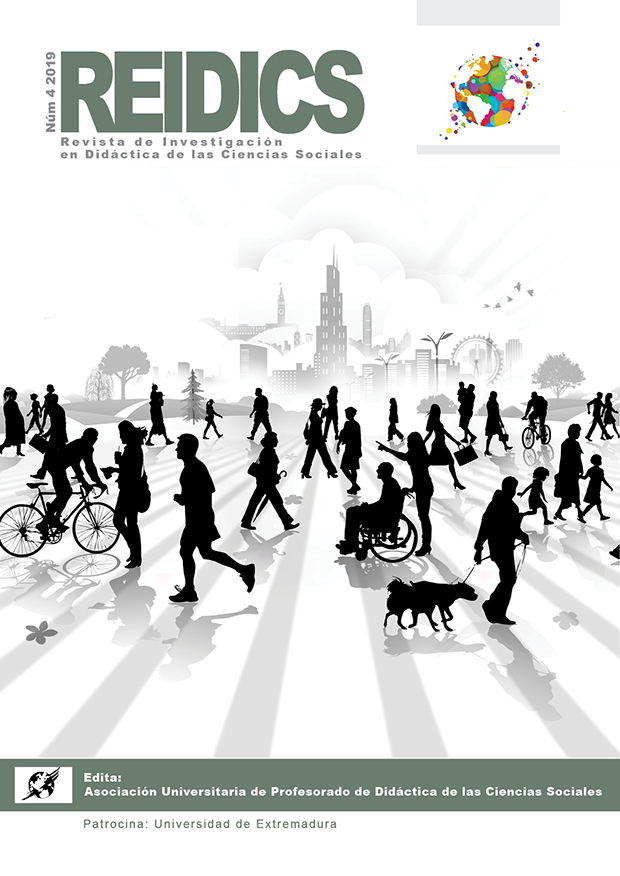The potential of cooperative learning and peace education to promote social competences in higher education
DOI :
https://doi.org/10.17398/2531-0968.04.42Mots-clés :
Cooperative learning, citizenship, social competences, peace education, english studiesRésumé
This article offers a proposal to teach in a foreign language subject using some cooperative activities that promote the principles of peace education and the acquisition of social competences at tertiary education. Cooperative learning has been successfully implemented in the last 60 years for teaching at different educational levels including the Higher Education studies due to its solid theoretical foundation, the principles it proposes and its practical applications. Working in small groups in order to accomplish the different cooperative activities proposed implies the promotion of communication and conflict solving as social competences. Moreover, this paper will highlight the importance of managing conflicts in a peaceful way and respecting the different opinions, which are basic principles in peace education. We propose the establishment of cooperative activities which enhance peace as an example to work on social issues in University education so that students improve their critical capacity when reflecting on issues such as poverty, war, globalization, gender, human rights or racism. Finally, a survey was conducted in order to establish students’ opinions about the cooperative activities designed and the social competences they acquired in doing them. Students’ answers show that they are aware of the importance of learning social competences for life.
Téléchargements
Publiée
Numéro
Rubrique
Licence
Aquellos autores/as que tengan publicaciones con esta revista, aceptan los términos siguientes:
- Los autores/as conservarán sus derechos de autoría y garantizarán a la revista el derecho de primera publicación de su obra, el cual estará simultáneamente sujeto a la Licencia de reconocimiento de Creative Commons 4.0 BY-NC-SA que permite a terceros compartir la obra siempre que se indique su autor y su primera publicación en esta revista.
- Los autores/as podrán adoptar otros acuerdos de licencia no exclusiva de distribución de la versión de la obra publicada (p. ej.: depositarla en un archivo telemático institucional o publicarla en un volumen monográfico) siempre que se indique la publicación inicial en esta revista.
- Se permite y recomienda a los autores/as difundir su obra a través de Internet (p. ej.: en archivos telemáticos institucionales o en su página web) antes y durante el proceso de envío, lo cual puede producir intercambios interesantes y aumentar las citas de la obra publicada. (Véase El efecto del acceso abierto).
- Los autores y autoras han respetado la política de autoría de esta revista.







